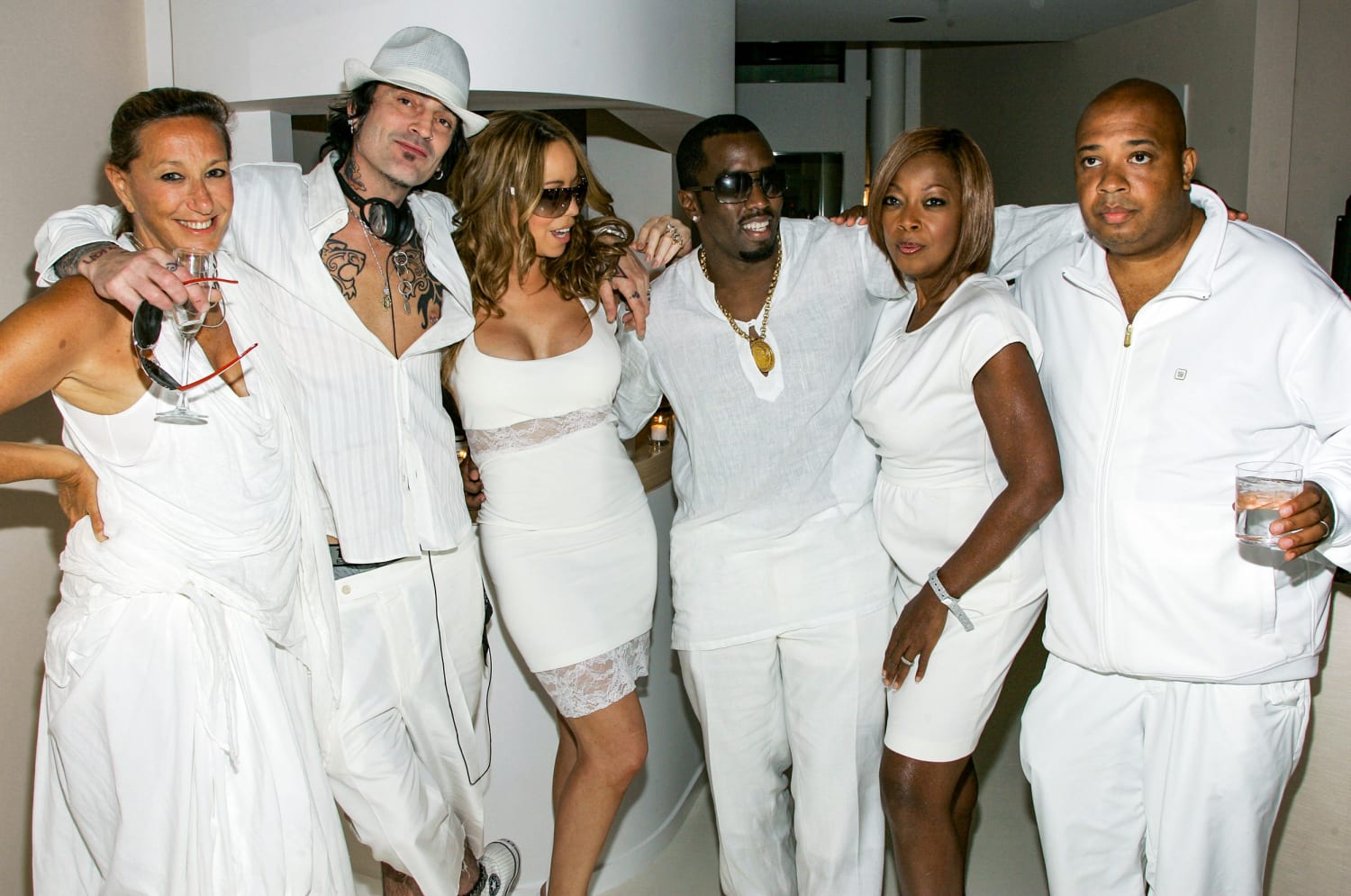In an intriguing legal turn, music mogul Sean “Diddy” Combs recently secured a procedural win in court amid the ongoing scandal surrounding his infamous “freak off” parties. A New York Post article published last Friday detailing these parties has seemingly strengthened his legal stance, as the court now considers imposing a more expansive gag order on those involved in the investigation.

The story began when the New York Post article cited a federal law enforcement source describing disturbing details from tapes reportedly reviewed by government investigators. Allegedly, the footage shows parties where boundaries were blurred, and attendees were subjected to questionable situations. But rather than adding weight to the accusations, the article inadvertently provided Combs with legal leverage. His attorneys argued that statements from the anonymous federal source are misleading, prejudicial, and could compromise a fair trial.
In a letter to the court, Combs’ legal team claimed these leaks from federal agents constitute a serious breach, portraying him as guilty before trial. Citing inflammatory remarks attributed to the federal source—who allegedly described Combs’ behavior as that of a “predator”—the letter urged the judge to implement a gag order to prevent any more leaks. Combs’ lawyers stated the leaked information, paired with negative public perception, endangers the integrity of the court process.
Further complicating matters, Combs’ attorneys highlighted that no formal allegations involve the tapes referenced by the Post, underscoring that the government has yet to confirm or deny the existence of such tapes. This unusual dynamic has heightened the stakes, as Diddy’s attorneys contend that the anonymous statements released to the press were not only potentially false but also lacking any corroboration within official case filings.
In a complex decision, the judge addressed both the recent article and Combs’ concerns, ultimately declining a new gag order while reinforcing the need for all parties to respect existing restrictions on public statements. While the judge did not impose a more stringent gag order, he cautioned federal prosecutors against further leaks, warning that such violations would carry consequences.
Many legal analysts argue that if law enforcement continues to share details with the press, it could jeopardize the government’s case. Some fear that if it appears Combs was denied a fair trial due to prejudicial leaks, the case could be dismissed or weakened on appeal.
The judge’s decision to strengthen the current gag order is a partial victory for Combs, as he seeks to prevent any further erosion of his reputation before the trial begins. Legal commentators are divided, with some criticizing the judge’s decision to avoid a full gag order, arguing that the potential for further leaks remains high. Others believe this approach maintains transparency while ensuring that both Combs and law enforcement officials operate within the legal framework.
As this high-profile case unfolds, it underscores the importance of judicial neutrality, particularly in the face of intense media coverage. Combs’ legal team has made it clear that they will continue to fight any alleged leaks, seeking to preserve their client’s right to a fair trial. While the New York Post stands by its reporting, the media outlet and others may need to tread carefully as this legal battle progresses.
For the public, the question remains: can the court system prevent outside influence from determining the outcome of this case? Only time will tell, as both sides gear up for what promises to be a headline-grabbing trial.
4o





